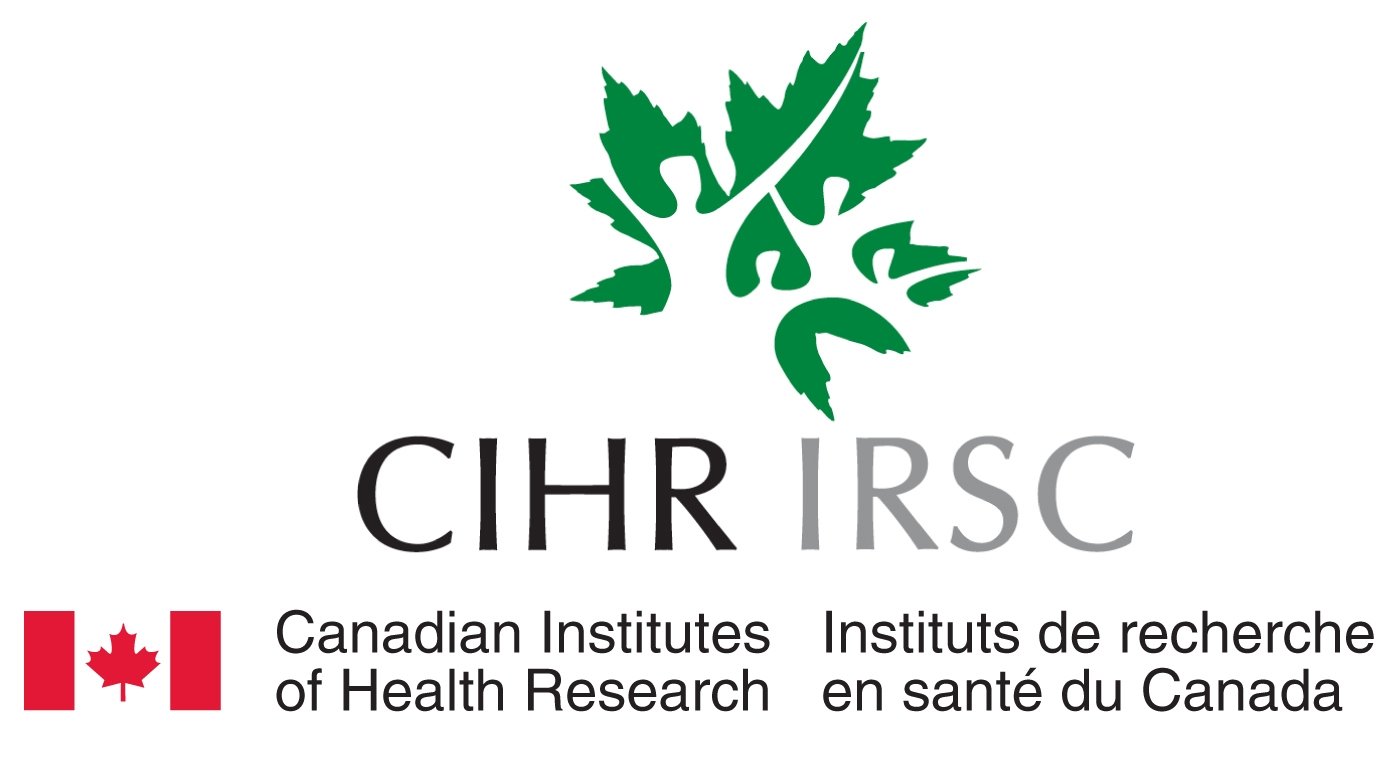Hope and Psychosocial Factors in Rare Biliary Tract Cancers: A Mixed-Methods Study
Biliary Tract Cancers (BTC), including cholangiocarcinoma (CCA) and gall bladder cancers, are rare and aggressive tumours within the biliary system. These cancers often go undiagnosed until advanced stages due to their asymptomatic nature and resistance to traditional treatments. With rising incidence and mortality rates worldwide, there is a critical need for innovative diagnostic and therapeutic approaches. Approximately 45% of BTC patients have actionable mutations, emphasizing the importance of molecular testing and targeted therapies. However, Canadian BTC patients face significant barriers, including limited access to screening, diagnostics, timely treatments, and psychosocial support.
To address these challenges, we established the Canadian Cholangiocarcinoma Collaborative (C3). C3 aims to transform BTC patient care in Canada through three main initiatives: C3-HOPE, focusing on providing comprehensive support to BTC patients and fostering hope; C3-STAR, a clinical trial exploring tumour infiltrating lymphocytes therapy; and C3-IMPACT, investigating the tumour microenvironment and developing new therapeutic strategies and diagnostics.
C3-HOPE specifically aims to support BTC patients by enhancing hope and providing essential resources. A Research Navigator will facilitate patient and caregiver engagement with C3 initiatives, offering care kits for newly diagnosed patients, a dedicated website with Canadian-specific resources, clinical trial matching services, national BTC multidisciplinary rounds, patient support and advocacy groups, and a patient registry for real-world data collection. We hypothesize that multidimensional support, such as care kits, information sessions, clinical trial matching, and access to genomic testing, will positively impact hope in BTC patients. Our objectives include quantifying changes in hope, loneliness/social isolation, and cancer information-seeking preferences among participants, exploring patient and caregiver experiences with BTC, focusing on the role of hope and personal resources in coping with the diagnosis, and assessing participant interest in engaging with C3 research initiatives. By addressing these critical aspects, C3-HOPE aims to improve the quality of life for BTC patients through tailored support and research opportunities.
For more information about this study, please contact:
Andrew Durand
Loiselle.Lab.ccomtl@ssss.gouv.qc.ca
(514) 398-8977
Funded by:
Canadian Cancer Society Breakthrough Team Grant


